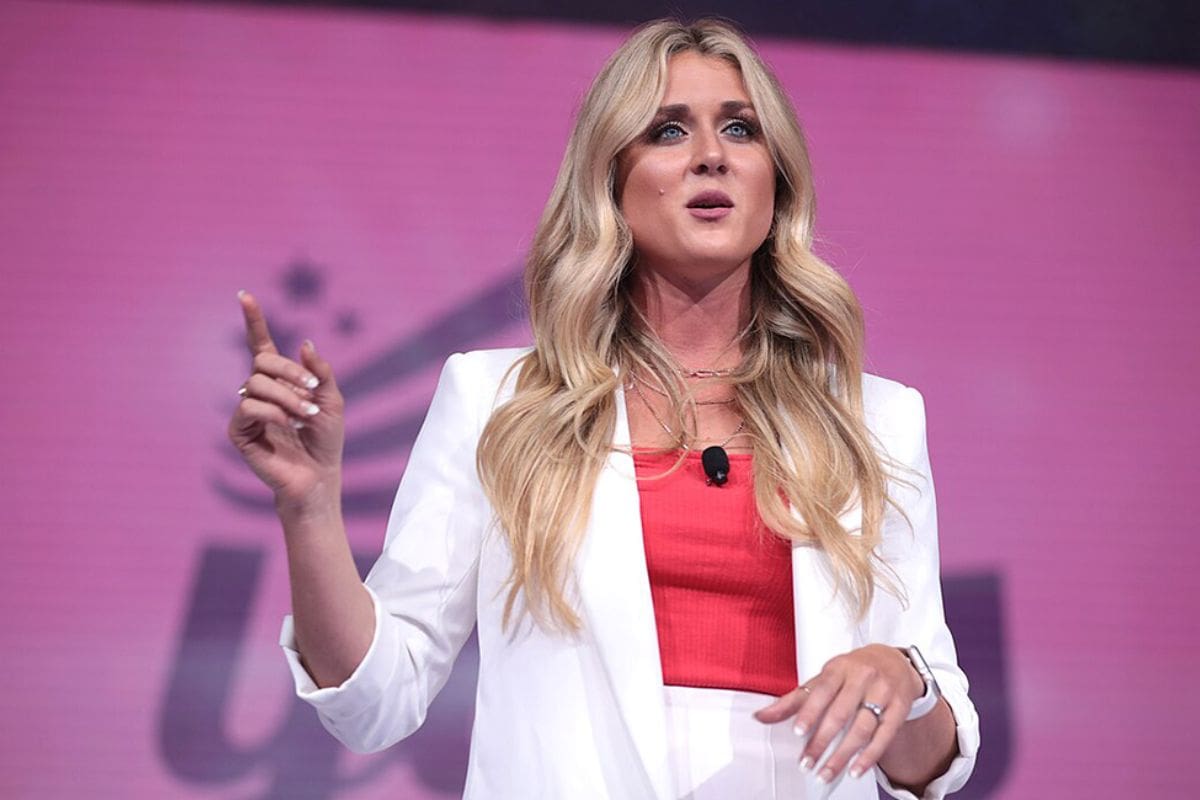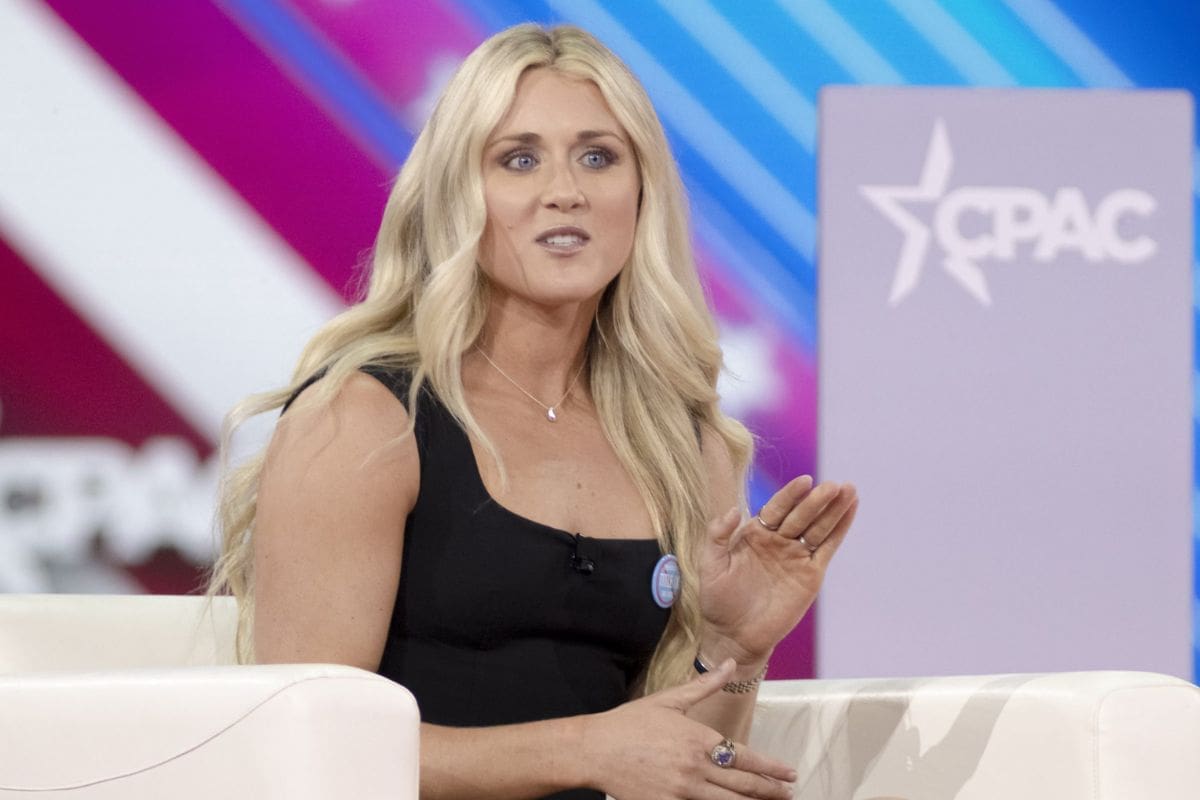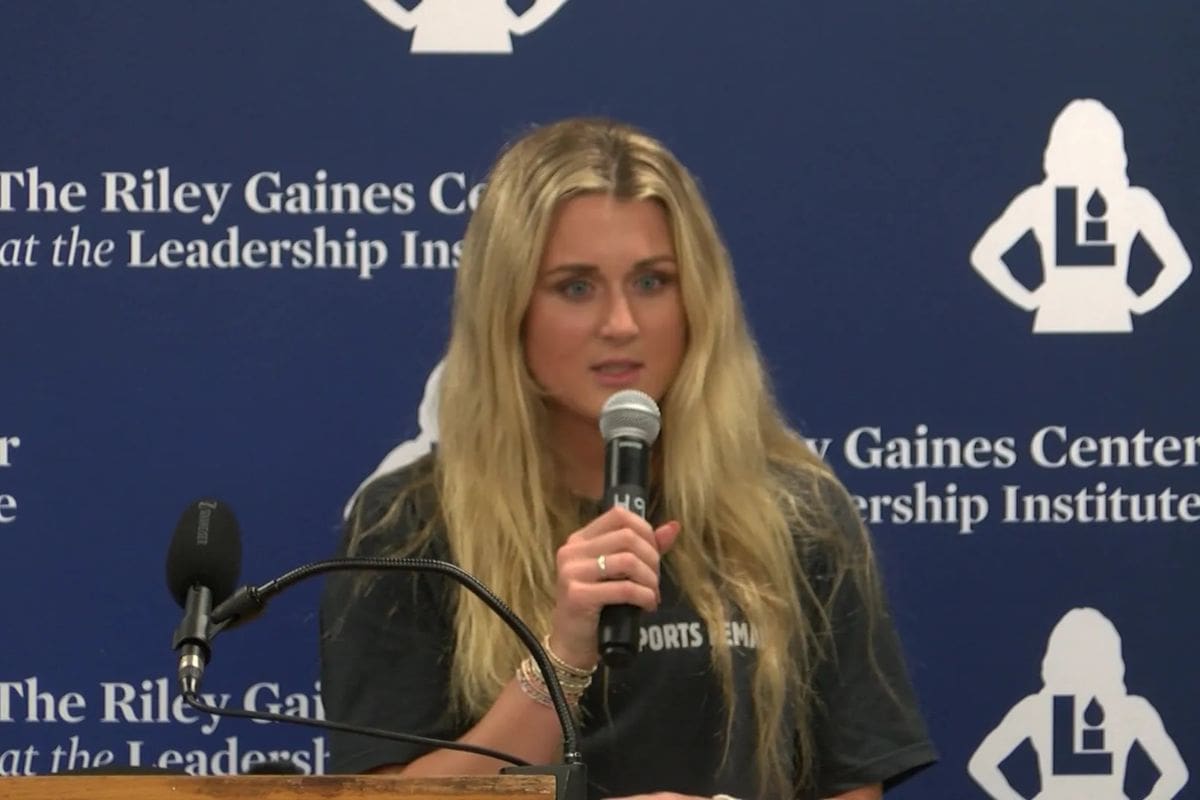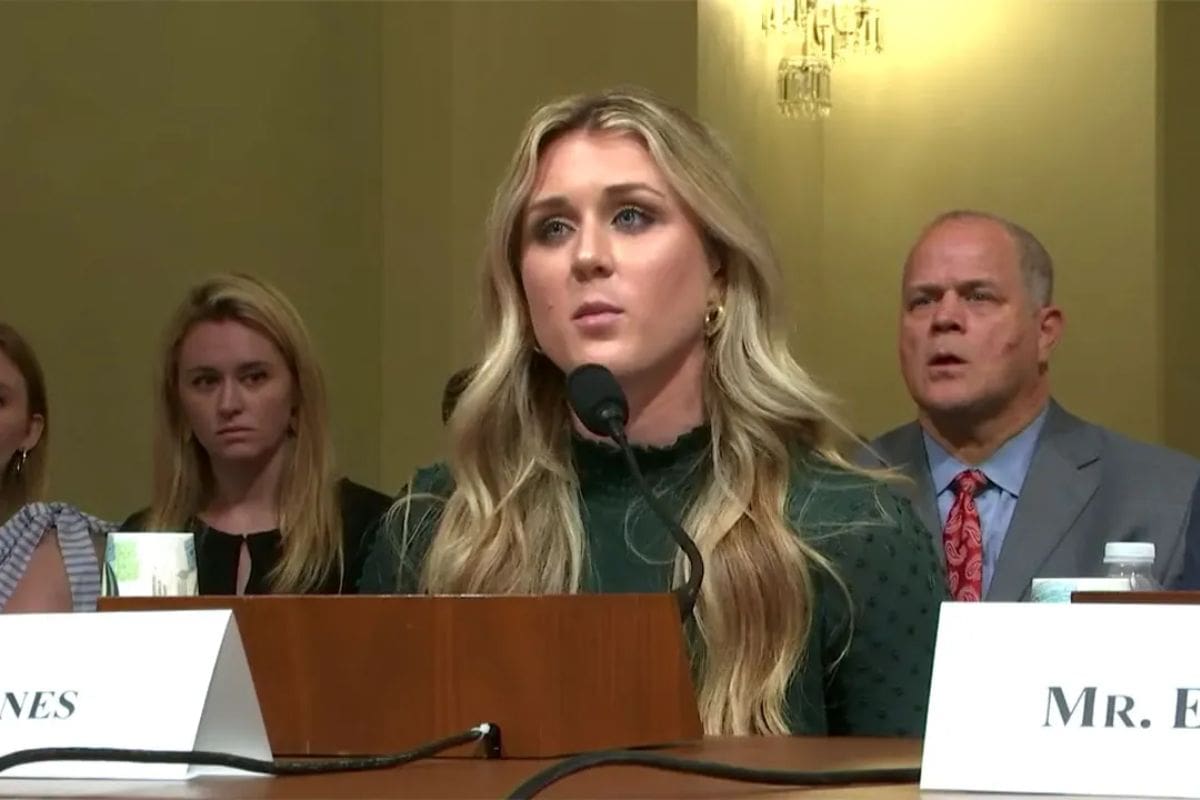Shocking Attackers of Riley Gaines: The case of Riley Gaines in California raises profound concerns about the efficacy of the legal system in ensuring accountability for acts of violence. An in-depth examination of the events leading up to the assault, the subsequent legal proceedings, and the broader implications for society reveals a troubling pattern of impunity that demands closer scrutiny.
As details emerge regarding the handling of the case and the factors contributing to the lack of resolution, it becomes increasingly apparent that justice may remain elusive in this distressing situation.
Investigation into Attack on Riley Gaines Suspended
The abrupt suspension of the investigation into the attack on NCAA swimmer Riley Gaines by the San Francisco State University (SFSU) police department has sparked concerns regarding the campus’s dedication to pursuing justice in this troubling case. Despite the gravity of the incident, the decision to deem the charges ‘unfounded’ raises significant questions about the thoroughness and impartiality of the investigation process.
The halting of the investigation into the attack on Riley Gaines has left many observers puzzled and frustrated. The lack of transparency surrounding the reasons for discontinuing the inquiry only adds to the skepticism surrounding the handling of this case. Given the public interest and the severity of the allegations, the sudden suspension without a clear explanation appears to be a disservice to both the victim and the pursuit of justice.
The campus community, as well as the broader public, now awaits a detailed account of why the investigation was stopped and what steps, if any, will be taken to address the concerns raised by this troubling development. The decision to halt the investigation leaves lingering doubts about the university’s commitment to upholding justice and ensuring the safety of its students.
Controversy Surrounding Lia Thomas and Women’s Swimming
Gender identity controversies escalate in the realm of competitive swimming as the participation of Lia Thomas raises pertinent questions about fairness and inclusivity in women’s sports. Lia Thomas, a transgender athlete competing in women’s swimming, has ignited a heated debate regarding the boundaries of competition and the rights of biological female athletes. Critics argue that Thomas, who underwent male puberty, retains physical advantages that give her an unfair edge over her female competitors. On the other hand, supporters emphasize the importance of inclusivity and acceptance of transgender athletes in sports. The table below outlines key arguments from both perspectives:
| Critics | Supporters | Concerns | Perspectives |
|---|---|---|---|
| Thomas has physical advantages from male puberty | Inclusivity in sports is crucial | Fairness in competition | Supporting transgender rights |
| Female athletes may face unequal competition | Diversity and acceptance are essential | Protection of female sports | Encouraging transgender participation |
Riley Gaines Account of the Assault
Amidst the ongoing debates surrounding gender identity in sports, the focus now shifts to Riley Gaines’s chilling account of the assault she experienced, shedding light on the crucial importance of campus safety and the protection of individuals’ rights. Gaines recounted a harrowing ordeal where she found herself in the midst of a chaotic scene, facing a hostile mob that made her feel unsafe and held her against her will. The incident not only raises concerns about physical safety but also touches on the fundamental right to free speech and expression without fear of intimidation or violence.
Gaines’s description of the assault underscores the pressing need for universities to prioritize the security and well-being of their students. It highlights the vulnerability individuals may face when their rights are infringed upon by aggressive actions. The account serves as a stark reminder of the challenges many individuals encounter in navigating spaces where differing viewpoints can lead to hostility and aggression. As Gaines bravely shares her experience, it prompts a critical examination of the measures in place to ensure a safe and inclusive campus environment for all.
Legal Analysis of the Assault
Upon scrutinizing the legal intricacies of the assault on Riley Gaines, it becomes evident that the actions taken by the SFSU police department warrant a closer examination of accountability and the safeguarding of students’ rights in California.
The California legal framework defines battery as the intentional harmful or offensive touching of another person without their consent, assault as the intentional act that causes another to fear harmful or offensive contact, and kidnapping as the unlawful movement of a person against their will. These definitions highlight the severity of the attack on Gaines and the potential criminal charges that could have been pursued.
The decision by the SFSU police to drop the investigation despite these clear legal implications raises significant concerns. It calls into question the department’s commitment to upholding the law and protecting students from harm.
This situation underscores the importance of ensuring that law enforcement agencies fulfill their duty to investigate crimes thoroughly and hold perpetrators accountable to maintain the safety and rights of individuals within the community.
Also Read: Panera Bread Spared From New Wage Law: Newsom Connection Revealed
Historical Context and the Assault on Free Speech
How does the historical context of past speech disruptions shed light on the assault on free speech in the case of Riley Gaines?
The assault on Riley Gaines, reminiscent of previous incidents of speech disruption, underscores a concerning pattern of stifling opposing viewpoints within college environments. This attack not only targeted an individual but also aimed to suppress the expression of dissenting opinions, mirroring a broader trend observed in academic institutions.
By failing to provide a prompt and robust response to such assaults, state authorities risk perpetuating an environment where freedom of expression is compromised. The limited coverage by the media further exacerbates the issue, raising questions about accountability and the protection of civil liberties on college campuses. History has shown that unchecked attacks on free speech can have far-reaching consequences, eroding the foundations of democracy and intellectual discourse.
The silence surrounding the assault on Riley Gaines speaks volumes about the challenges faced in upholding the principles of free speech in an increasingly polarized society. It is imperative to address these issues decisively to safeguard the rights of individuals to express diverse perspectives without fear of reprisal.
News In Brief
California’s Legal System Faces Scrutiny in Riley Gaines Assault Case. The suspension of the investigation into the assault on NCAA swimmer Riley Gaines at San Francisco State University raises concerns about justice. The abrupt halt by SFSU police sparks skepticism, with transparency lacking in the decision. Gaines’s chilling account sheds light on the importance of campus safety and the right to free speech. The legal analysis emphasizes the need for accountability, questioning the commitment of law enforcement to uphold student rights. This incident, reminiscent of past speech disruptions, underscores the broader challenge of safeguarding free speech in academic environments. The silence surrounding the assault on Riley Gaines raises questions about protecting civil liberties on college campuses.




